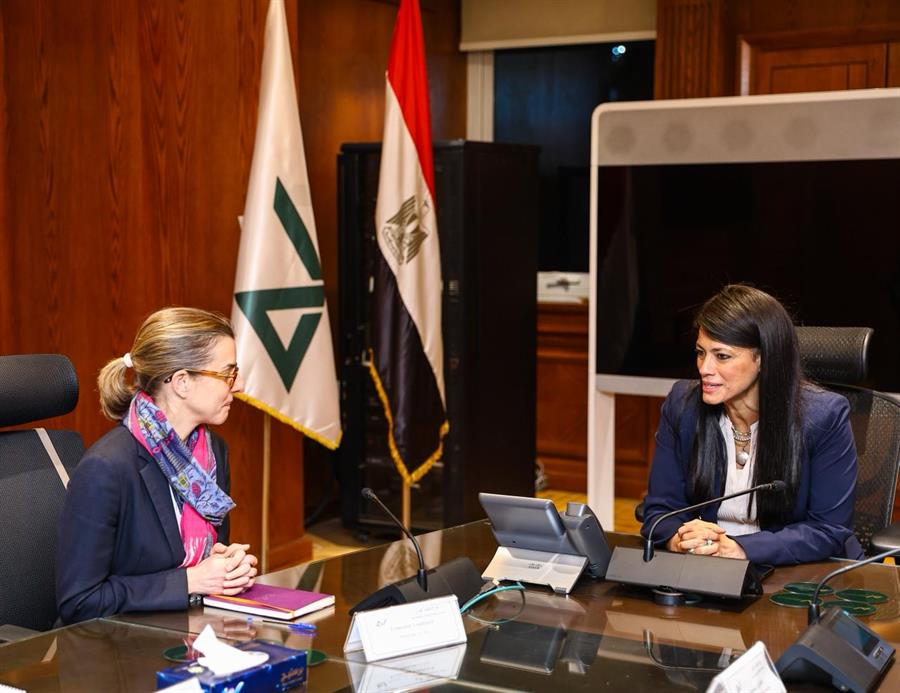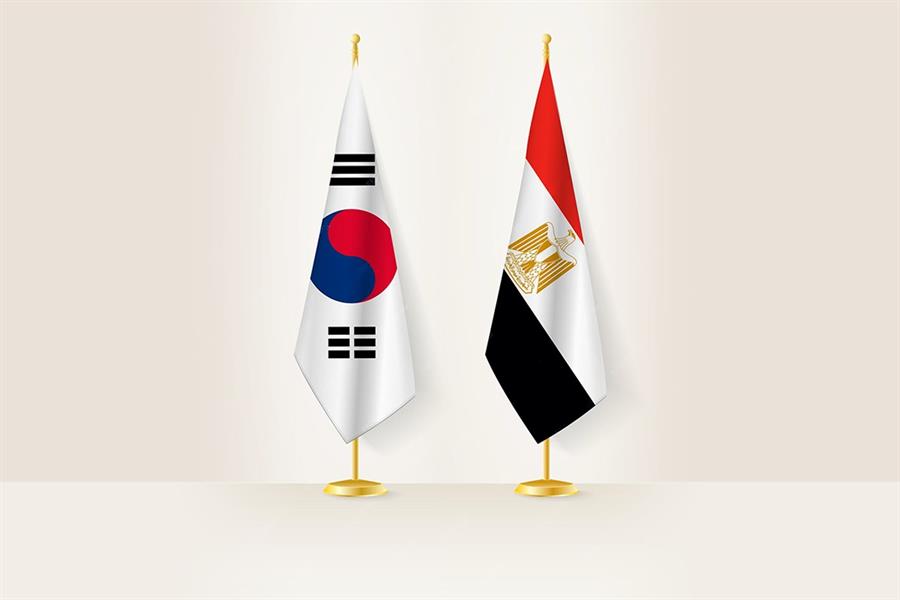Planning Ministry, NIGSD announce the launch of “Be an Ambassador” professional level

06 June 2021
Egypt’s Ministry of Planning and Economic Development and the National Institute for Governance and Sustainable Development (NIGSD) - the training arm of the Ministry - launched on Sunday the professional level for the first group of the "Be an Ambassador" initiative for sustainable development.
The professional level of the first group of the "Be an Ambassador" initiative for sustainable development deals with the introduction of the "Train the Trainers" program.
The "Train the Trainers" program aims to provide training on the basics and methods of teaching the scientific content of the sustainable development goals, which helps the trainees in spreading the culture of sustainability in their universities and communities.
In this context, Dr. Hala El-Said, Minister of Planning and Economic Development and Chairperson of the Board of Trustees of the National Institute for Governance and Sustainable Development, explained that the initiative aims to build national capacities in the field of sustainable development through a series of training courses for various sectors and groups of people.
El-Said indicated that the training of the rest of the groups is being completed, respectively, to graduate about 1,000 young men and girls by the end of this year.
“The initiative is divided into some levels, the first of which is the introductory level, which provides educational programs on communication skills on the institute’s “Estidama” electronic educational platform, and then the advanced level, in which the trainee listens to recorded lectures on various sustainable development topics by a group of lecturers.” Dr. Sherifa El-Sherif, Executive Director of NIGSD said.
El-Sherif added that the professional level deals with the “Train the Trainers” program.
“It is a direct training with a limited number of students, ensuring that each hall has no more than 25 students to maintain effective communication, taking into account precautionary measures”. El-Sherif added.
For his part, Dr. Hussein Abaza, International Adviser for Sustainable Development and Green Economy, and former Head of the Economics and Trade Branch of the United Nations Environment Program (UNEP); asserted the importance of this type of initiative.
Abaza explained that the "Be an Ambassador" initiative is a national initiative that deals with the study of sustainable development goals and their applications.
Ms. Amira Hossam, Assistant Minister of Planning and Economic Development for Sustainable Development Affairs, reviewed the history of the initiative's inception since October 2020, the efforts made, the number of applications for enrollment, and the different levels of the initiative.









